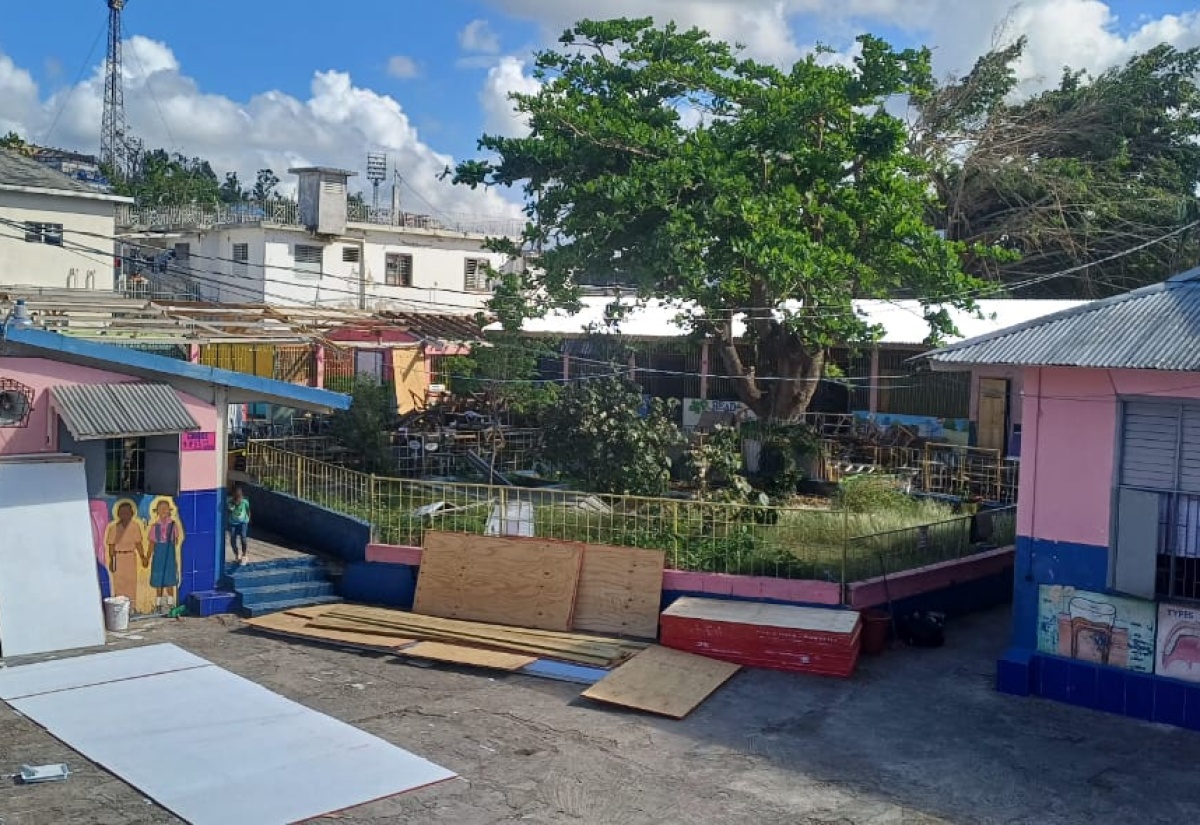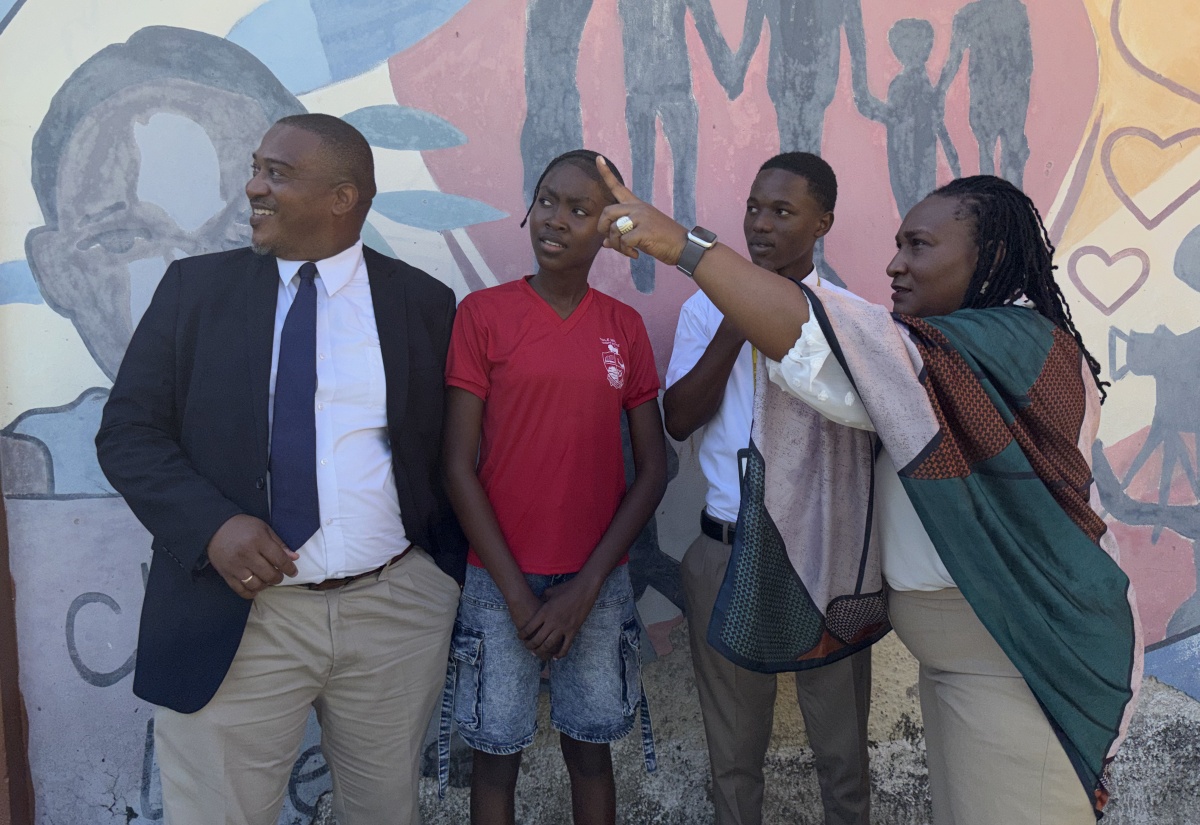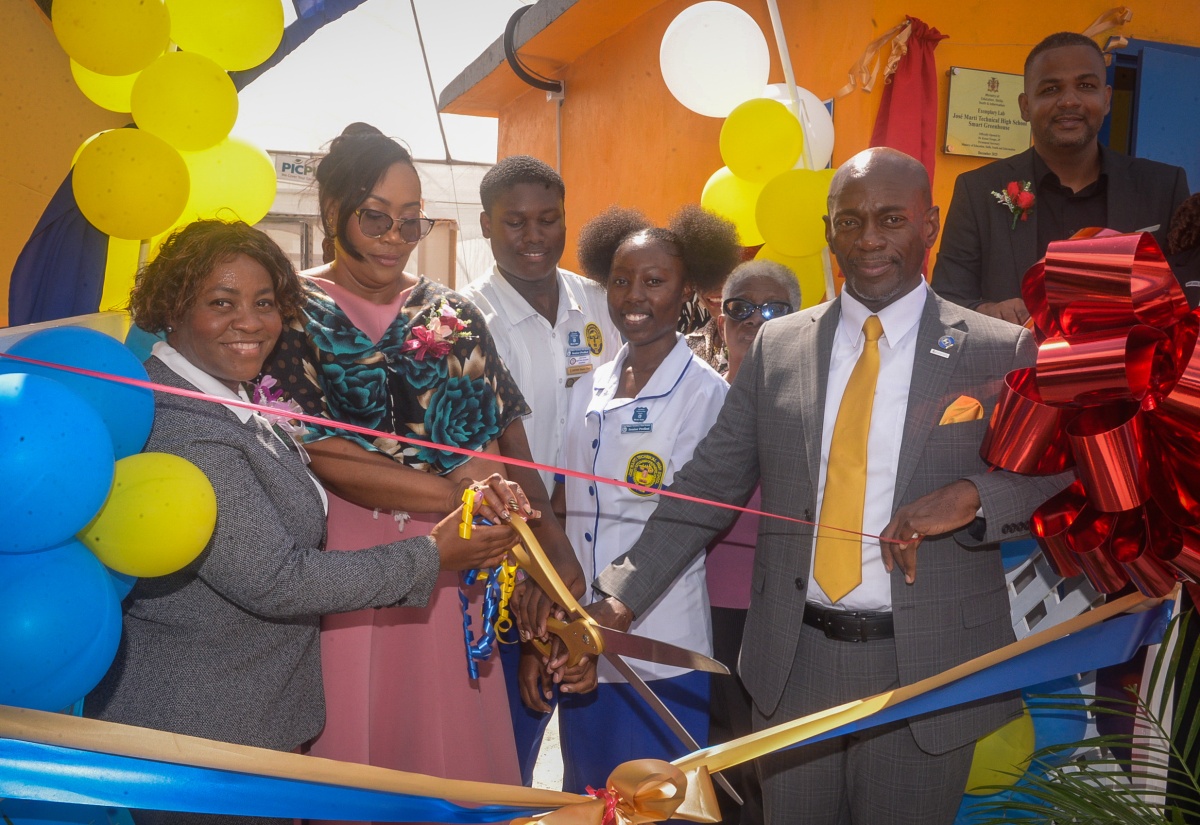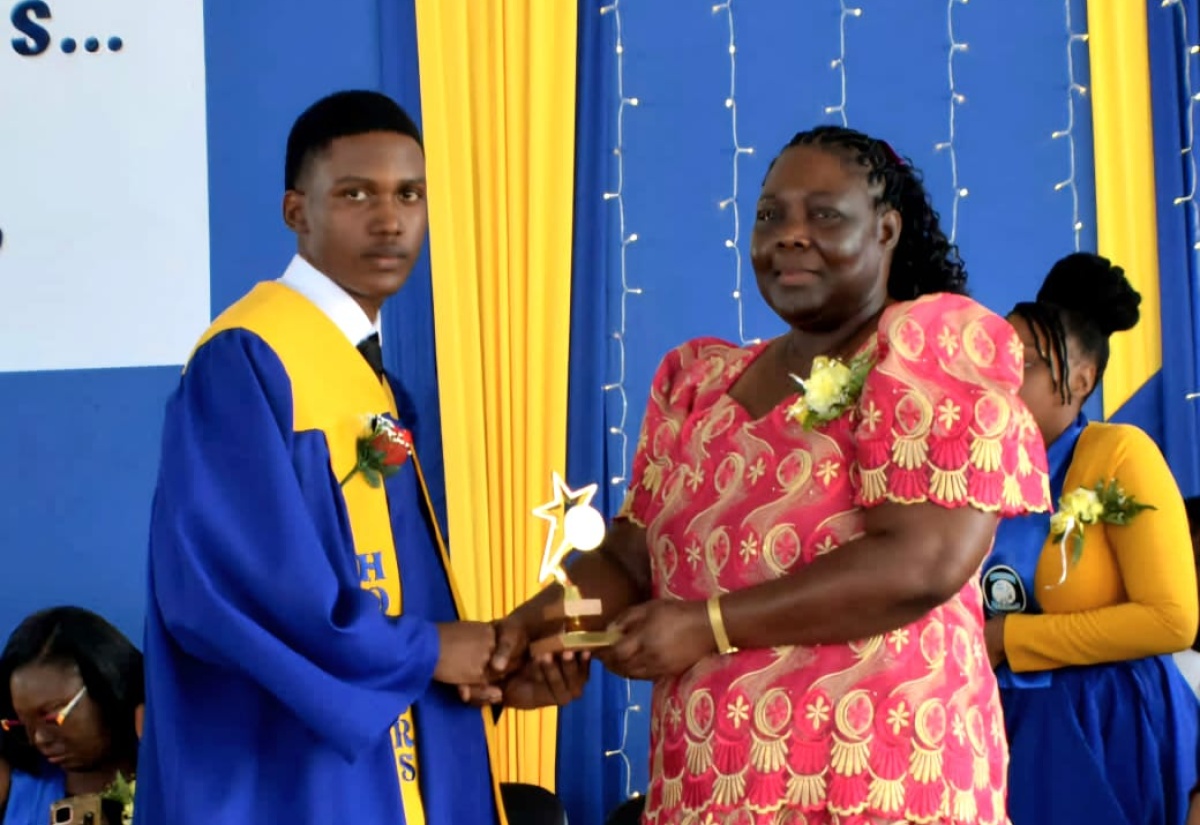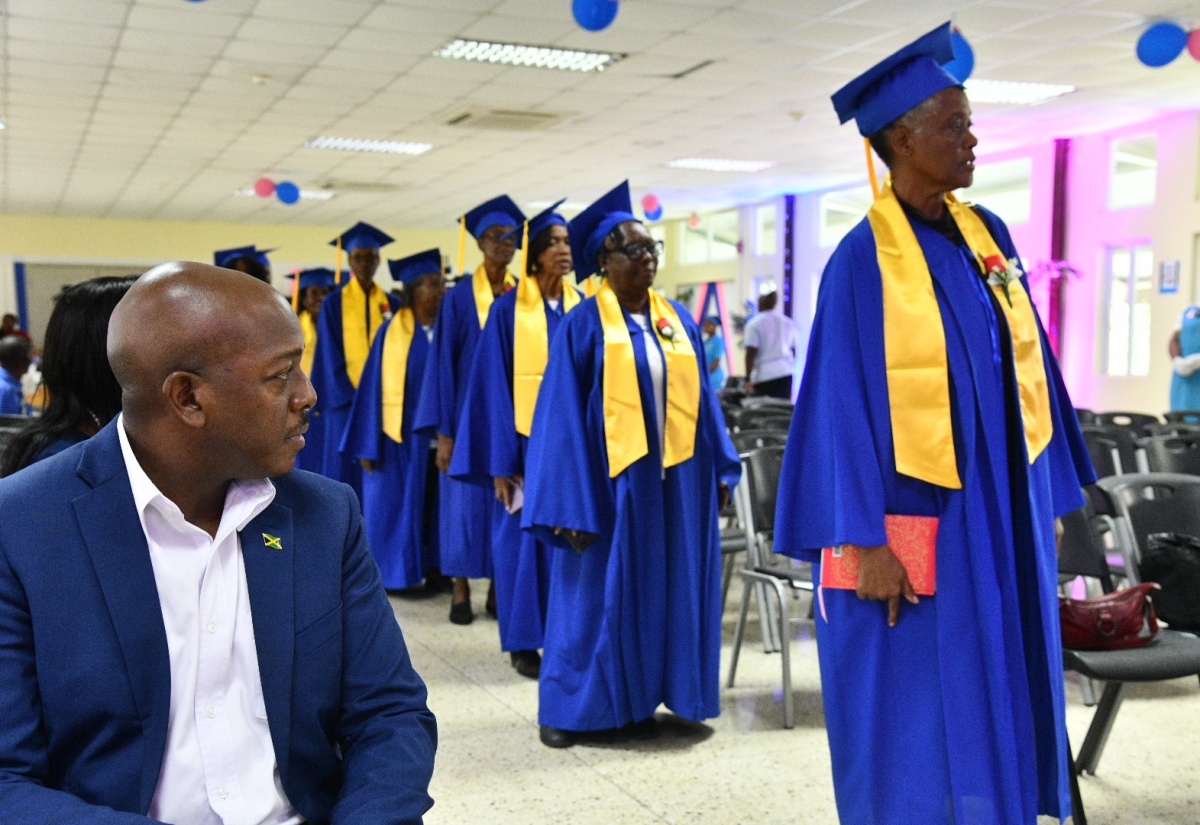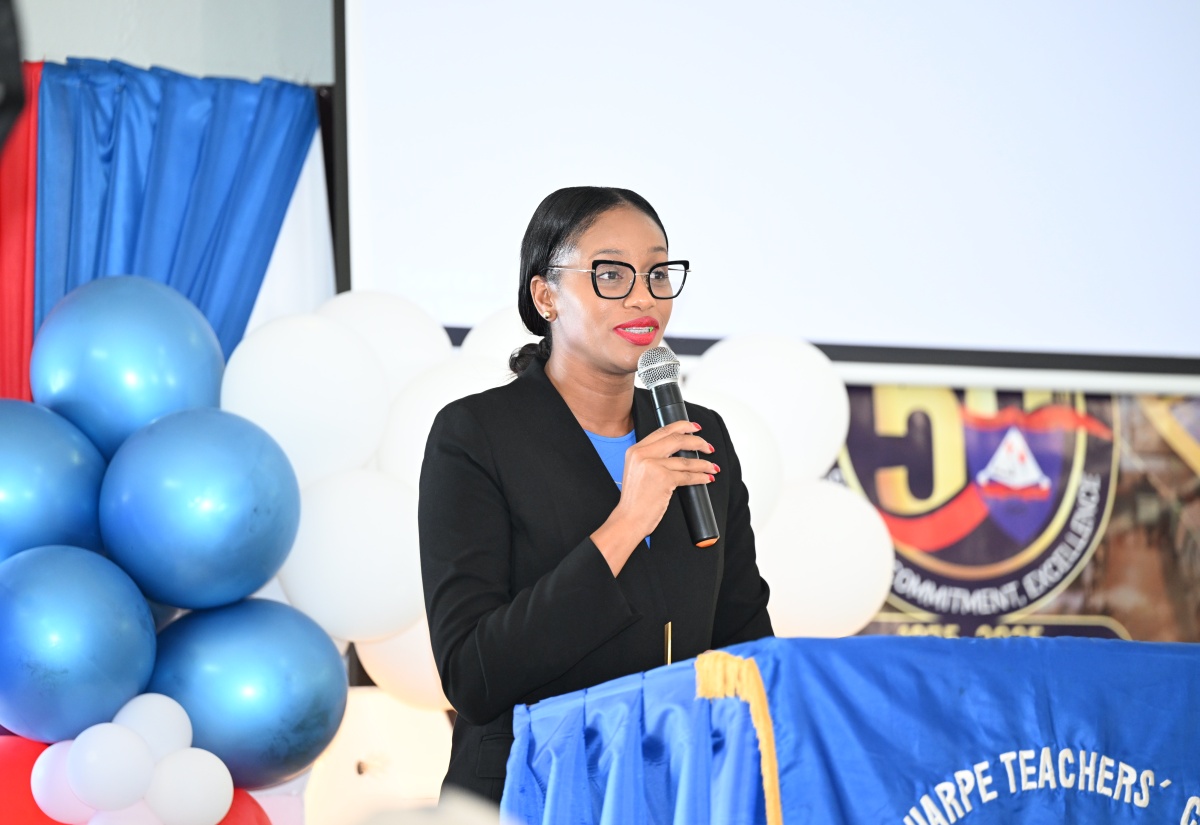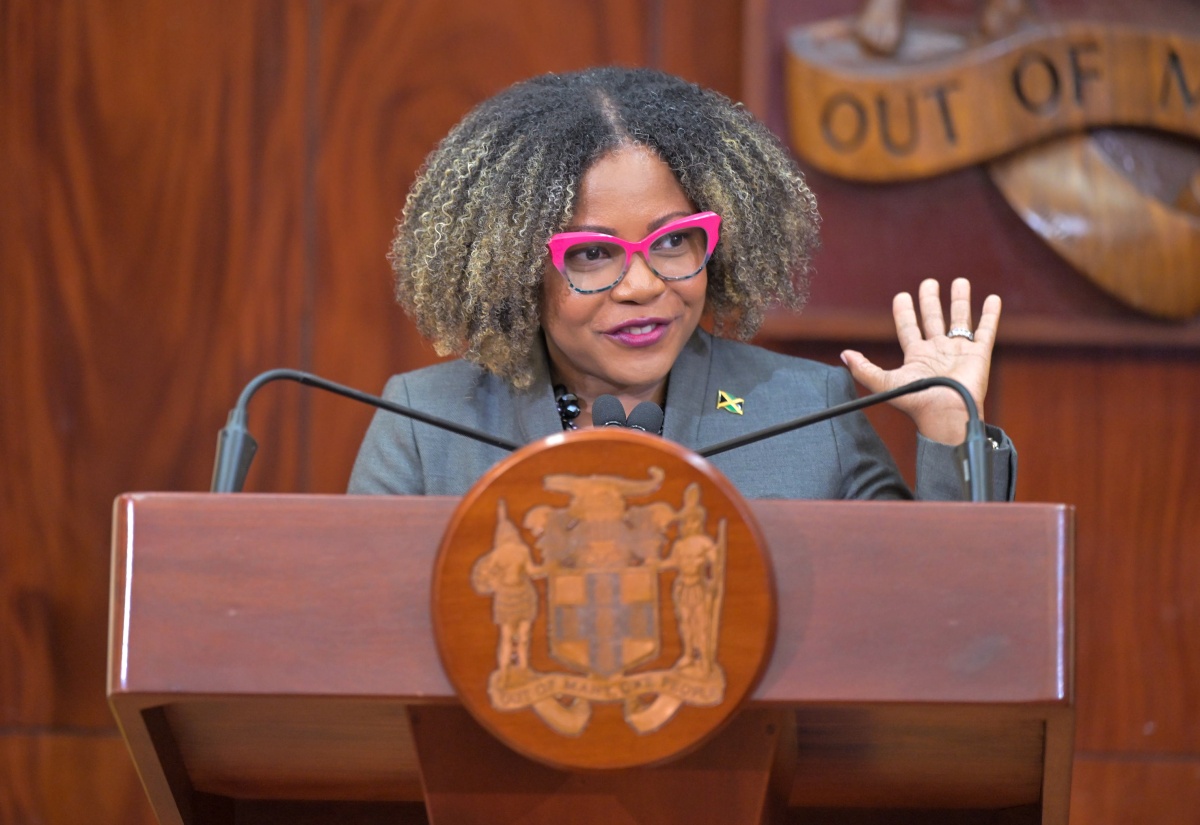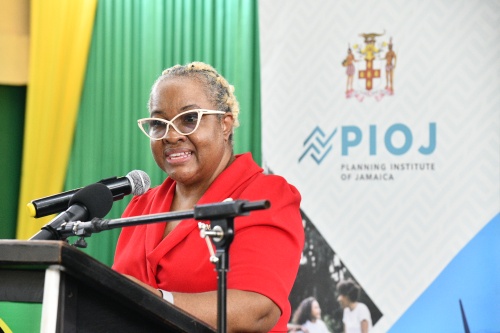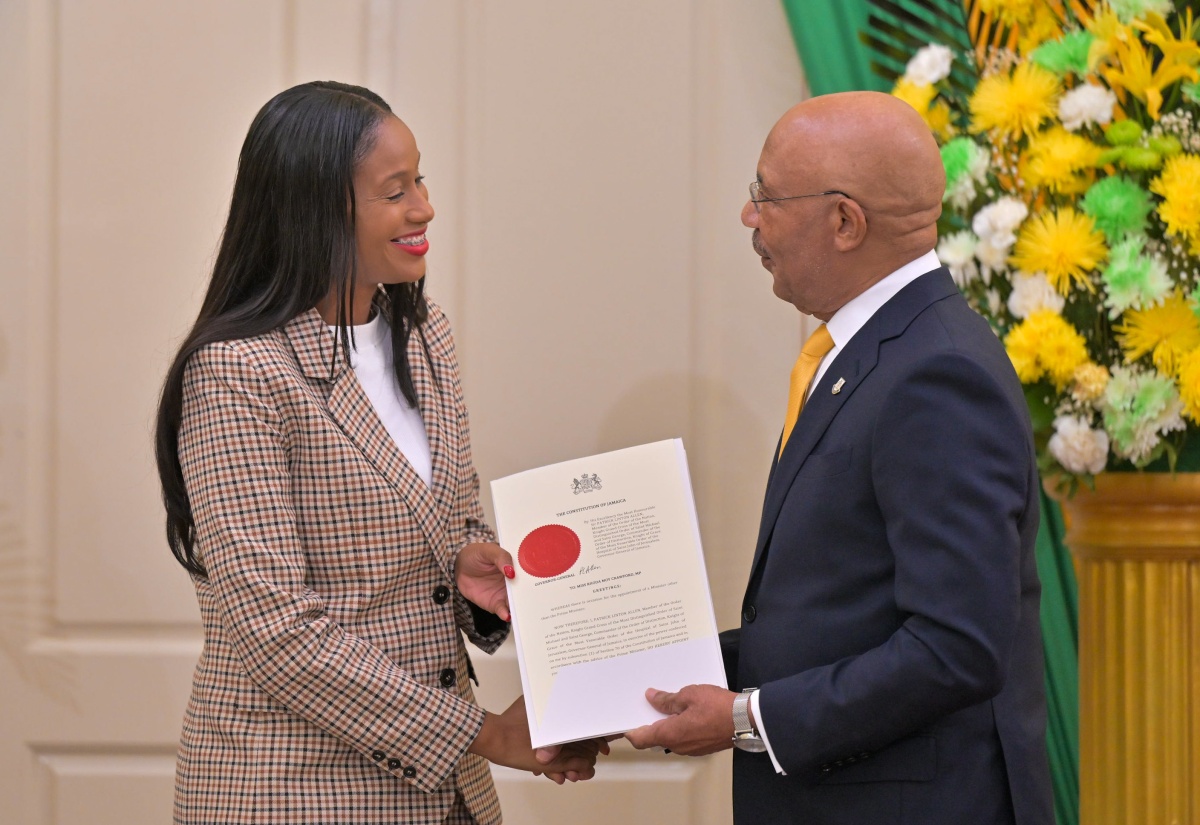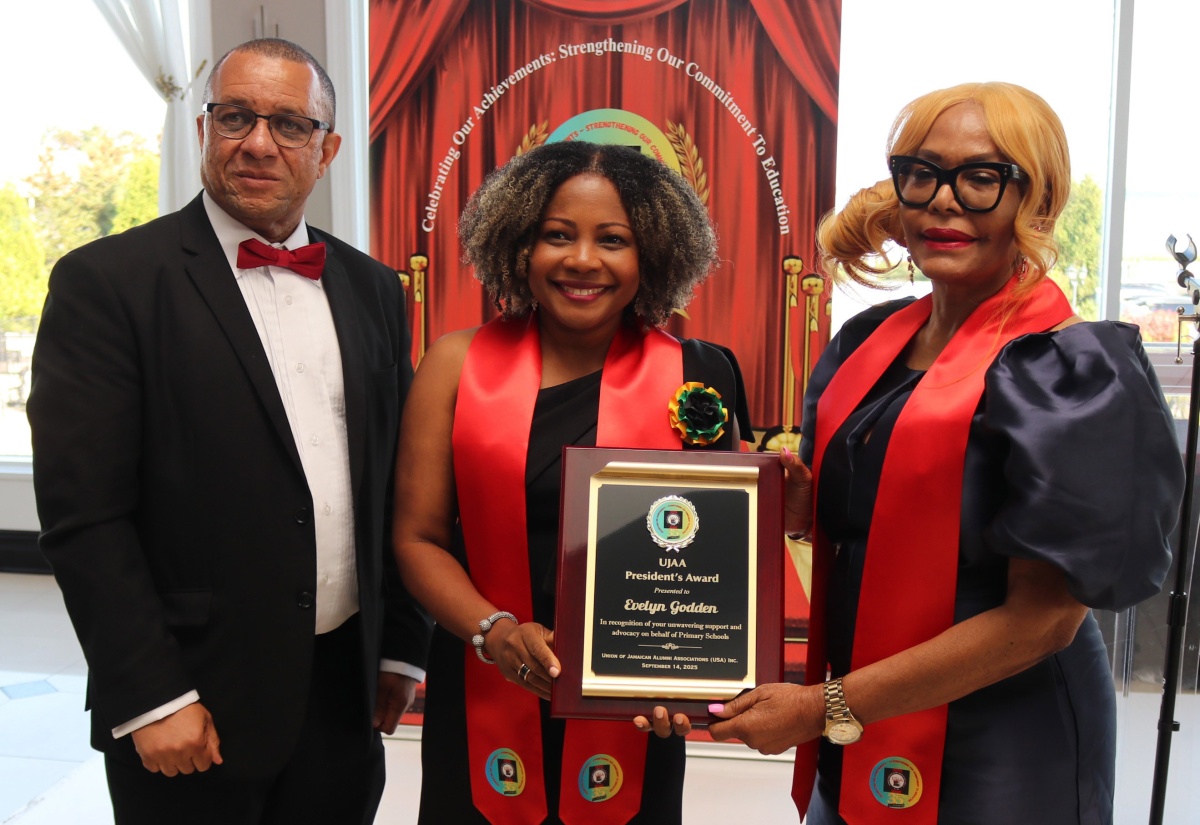The Corinaldi Avenue Primary School in St. James is pressing forward with a learning recovery plan following the passage of Hurricane Melissa.
In an interview with JIS News, Principal Deon Stern Anglin said in the aftermath of the hurricane, which caused extensive damage on the grade-one and grade-two blocks, the institution’s staff have moved quickly to regroup and strategise.
Classes resumed on November 24, and the turnout has been growing since then.
“We have brought back the children … [The first day] we have got over 75 per cent of our cohort. On Monday [December 8] we had 900-odd students,” Mrs. Stern Anglin said.
With two grade levels displaced due to the damaged block, the school has implemented an adjusted rotation system to support learning.
“Grade one is very important, just as grade six. If the children don’t get the foundation, the ending is not going to be pretty,” Mrs. Stern Anglin pointed out.
As a result, grade-one students now attend school alongside grades four, five and six while grades two and three alternate.
The principal noted that to further support exam preparation, the grade-six cohort has been given extended hours.
“We dismiss at one o’clock for everybody, but our grade six goes one hour more. We don’t want the children on the road late because some places haven’t gotten back electricity,” she pointed out.
Mrs. Stern Anglin said that the school’s culture of frequent assessment has placed it in a stronger position to address learning gaps.
“We test our children daily. Before Melissa, after Melissa, we do weekly tests… that will [address] the learning losses that we will have,” she said, noting that the assessment cycle will continue into the final days of the term.
“We are doing some testing now, so we will get those results by probably next week. [By then] we will know where the students are,” she stated.
Mrs. Stern Anglin expressed gratitude to the parents, the school board and staff for their continued resilience.
“Amidst everything, we have some real good parents. We have a good board, and the teachers are exceptional. We just want to give thanks,” the Principal said.


